Bowraville families let down by ‘system’ as justice hits dead end
A High Court decision ruled yesterday that a man at the centre of the Bowraville murders investigation will not face retrial.
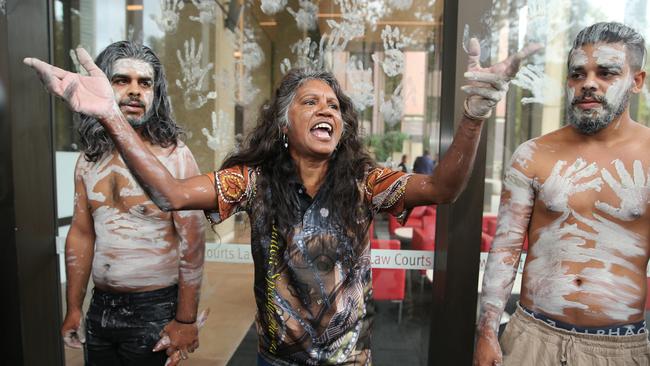
Sixteen-year-old Colleen Walker was the first to go missing.
Her great-aunt Patricia Stadhams says she last saw Colleen around midnight on September 13, 1990, walking beside a house on the Aboriginal mission in the country NSW town of Bowraville.
Ms Stadhams says she also saw a white man, who cannot be named, walking towards or along the other side of the same building.
The police allege this man murdered Colleen, as well as two other Aboriginal children, four-year-old Evelyn Greenup and 16-year-old Clinton Speedy-Duroux.
Yesterday, following a High Court decision that means he will not face retrial over the killings, the man told The Weekend Australian he was feeling “pretty good, actually”.
His legal team had advised him “that I shouldn’t be talking to any media, at all, ever”.
“So, unfortunately, as much as I would like to give some sort of statement, I can’t,” he said.
The court’s decision means the man will now also not be called to give evidence about the murders, or about what he was doing on the night of September 13, 1990.
“I’m disappointed in the system, that’s what,” says Ms Stadhams, 75, whose granddaughter Evelyn was the second murder victim.
On the night Evelyn went missing, Ms Stadhams says she heard Evelyn crying, followed by a thud, then silence.
Another witness allegedly saw the man walking out of the four-year-old’s bedroom.
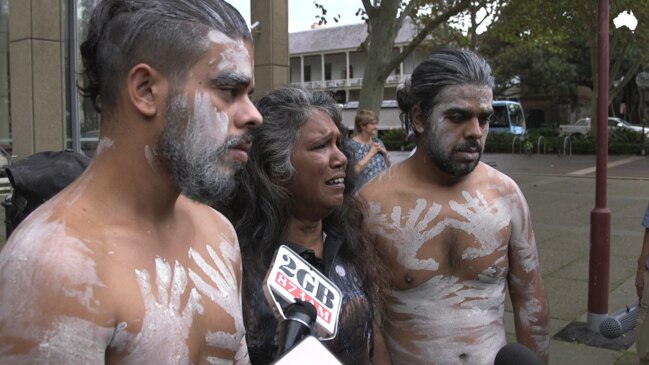
The High Court’s decision means none of this evidence will now be put to a jury.
NSW Attorney-General Mark Speakman criticised the process that led to yesterday’s decision, saying he did not blame the courts but that the initial police investigation into the killings was “flawed”.
“I’m incredibly sorry that the justice system has let the Bowraville families down,” said Mr Speakman, who was in court to hear its decision.
“Clearly, three children have been murdered. There’s a general view as to who that murderer is and that person has got off scot-free.”
Retrace the steps of this long and painful legal process and it starts with the three children.
Colleen’s family describe her as a free spirit. Evelyn was shy and quiet.
Clinton was tall, and outgoing. He loved footy and when his team played the grand final, Clinton scored two tries and won them the game. All three were staying in Bowraville, a town on the mid-north coast. All three disappeared over five months between 1990 and 1991. All three were reported missing following parties at which the man was present.
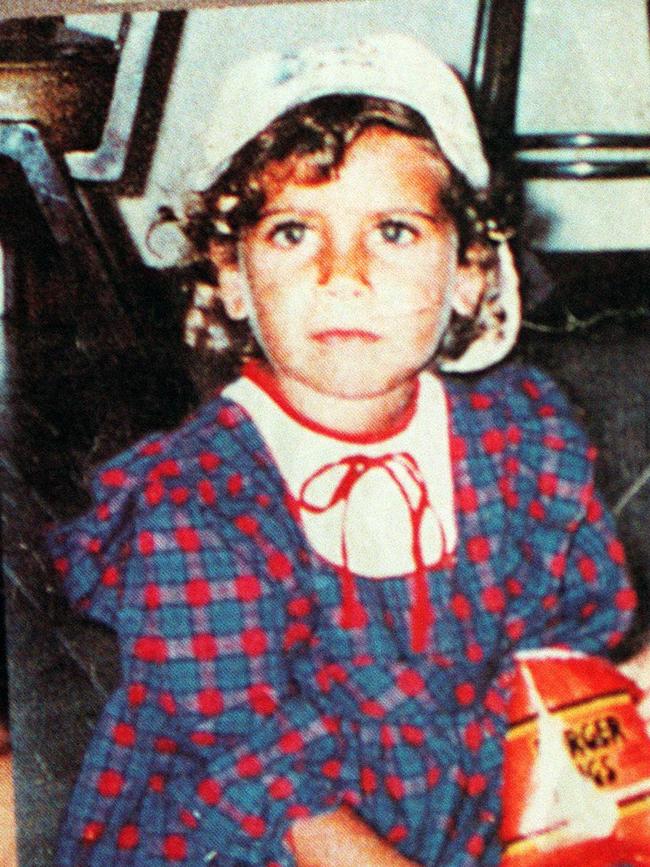
The bodies of Evelyn and Clinton were found dumped beside a dirt road outside Bowraville. Colleen’s clothes were later recovered but her body has not been found.
When their families tried to report them missing, the police seemed to take little interest, treating each as an individual missing persons case, not a murder.
The families say the police told them their children might have gone “walkabout”. No witness statement was taken from Colleen’s mother for six months.
Eventually, the man was charged with killing Evelyn and Clinton, but found not guilty.
In 2016, following a campaign by the children’s families and renewed coverage in The Weekend Australian, the NSW government referred the case to the state’s appeal court, asking it to overturn these verdicts and order a new trial.
Delivering their verdict last year, the Chief Justice of NSW, Tom Bathurst, said: “The court was not required to form and has not formed any view as to the guilt of (the man) in respect of any of the deaths.”
Instead, a legal technicality to do with whether the evidence against him could be said to be “fresh” meant the case was rejected.
The appeal court found this evidence had been known to police but never tendered in court.
At the time, for the children’s families, that verdict was just the latest in a long series of legal and political responses to the killings, which Clinton’s father, Thomas Duroux, describes as “kicks in the guts”.
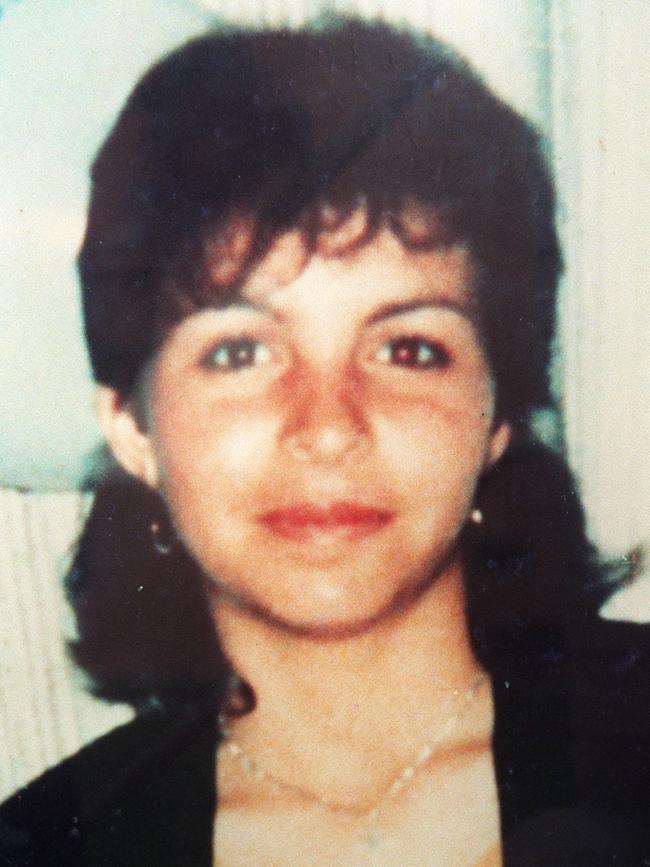
Yesterday, they hoped the High Court would not deliver them another blow.
During the hearing in central Sydney, the children’s families sat, often uncomprehending, as the barristers and judges debated the finer points of the legislation.
Much of that argument centred on the meaning of “fresh” and whether certain evidence could be said to have been “adduced”, meaning “admitted” or “tendered”.
Mr Duroux sat in silence as the Chief Justice of Australia, Susan Kiefel, said “we can find no reason to doubt” the appeal court’s decision.
Afterwards, outside the court, Mr Duroux said: “We keep coming down here to Sydney. We’ve never caused trouble. We keep putting our faith in the courts and we keep up ending where we are now, after 29 years.”
If theirs has been a long process of disappointment, however, there has been one other constant: the man crops up in the case files from the beginning, when Colleen’s mother went looking for her daughter. She told police he had been at the party after which her daughter disappeared.
Over the years since, the man has remained a suspect. Police running sheets and witness statements reveal how few alternatives were identified, with none pursued as closely over the years.
In law there is a presumption of innocence. Yesterday’s High Court’s decision, means that the police must now accept their case has not been proven and the previous not-guilty verdicts, in relation to the killing of Evelyn and Clinton, will stand.
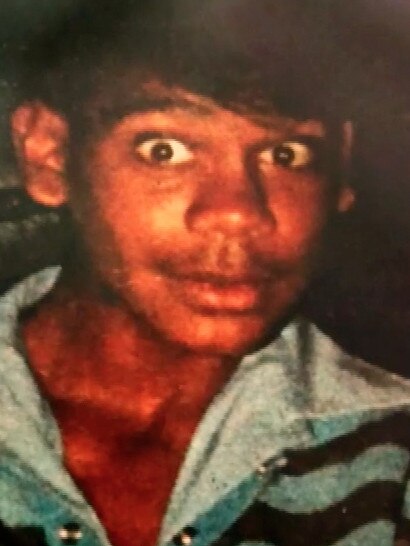
Yet the children’s families refuse to accept that this is over. “This is not the end, definitely not,” Colleen’s sister Paula Craig said, following the court decision.
No one has yet been charged over Colleen’s death.
“The evidence about Colleen has never been heard by a jury,” Ms Craig said. We will find a way to keep fighting. We still have Colleen and we want her case heard.”
Mr Speakman yesterday said he intended to bring the Bowraville murders before cabinet “sooner rather than later” — assuming his party wins today’s election.
Greens leader David Shoebridge said he intended to bring a bill “in the first week” of the new parliament to challenge the meaning of the words “fresh” and “adduced” in the existing law.
Such reforms, if passed, would be retrospective, according to Mr Shoebridge, meaning there is a faint chance the Bowraville case could yet be reopened.
“There’s a job for the parliament as soon as it returns to reconsider the law and finally open up the pathway to justice for Bowraville,” Mr Shoebridge said outside the High Court.
The children’s families must also decide how they will now move forward.
Clinton’s nephews, Marbuck and Elijah, yesterday painted their bodies in white ochre and left handprints on the wall of Sydney’s Law Courts building in protest at the decision.
Both were born after their uncle was murdered but promised their generation would continue the families’ campaign to see someone jailed over the murders.
As they did so, Clinton’s aunt Dolly Jerome shouted “We’ve come this far, this far, and they shut the door on us. How dare they?”
“There’s traditions you want to pass on to your families,” she said, watching the young men’s protest. After 29 years of campaigning for justice, “this is not a tradition I want to give over to them.”



